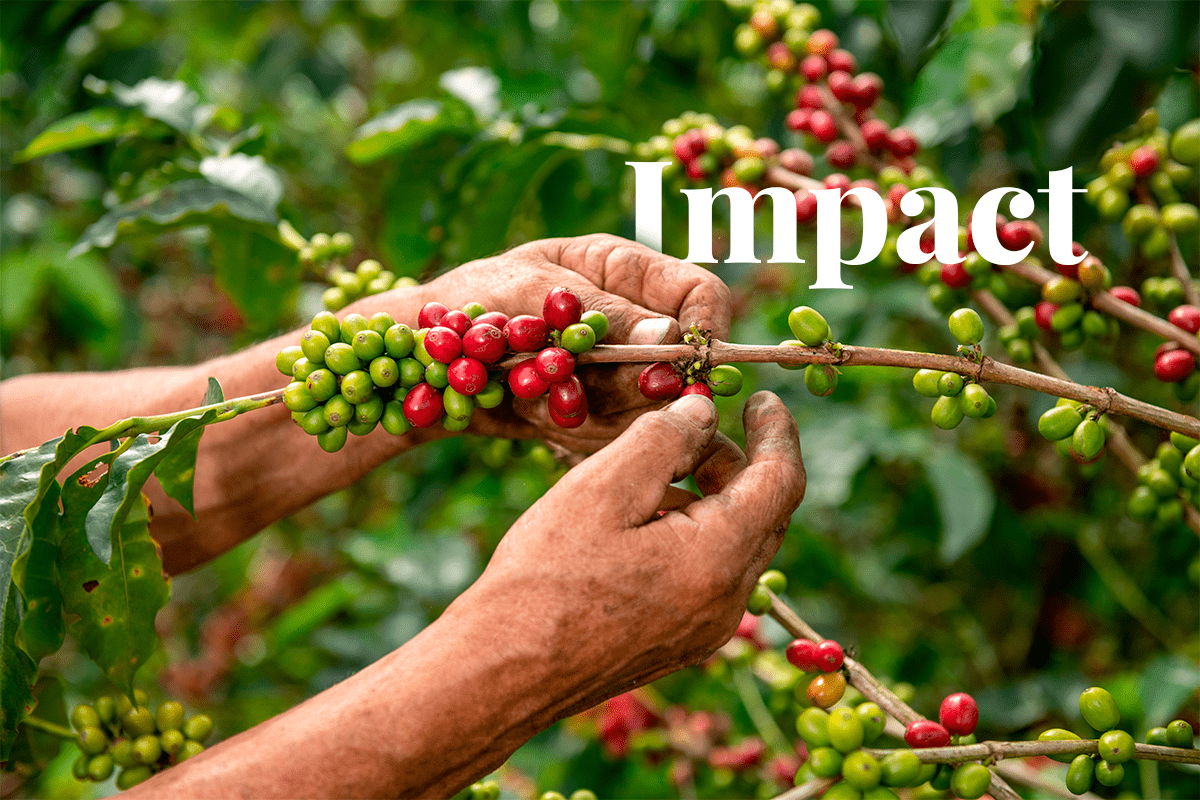Ecosystem services and carbon credits play a pivotal role in supporting small-scale farmers in Peru, with the Acorn initiative gaining significant traction. Developed by Rabobank, Acorn aims to democratise carbon markets for producers in Peru, Colombia, and Nicaragua by compensating them for tree planting in agroforestry systems.

Acorn collaborates with local partners like Solidaridad and off-takers such as Microsoft to generate Carbon Removal Units (CRUs) on the voluntary carbon market. Unlike monoculture, agroforestry brings benefits such as biodiversity promotion, improved soil health, and diversified income for small-scale producers.
Involving 137,136 farmers globally, Acorn has issued 148,490 Carbon Removal Units (CRUs), covering 154,328 hectares. In Peru, 1,000 coffee producers in the San Martin region have removed over 10,000 tons of CO2, generating €160,000 in community benefits. In Colombia, the focus is on transitioning agroforestry, benefiting 5,000 coffee producers on 7,600 hectares in Risaralda.
Read more: Washington raises $1.8 billion in first year of carbon market
Technology plays a crucial role, enabling practical and scalable solutions. Satellite imaging and machine learning measure tree growth efficiently, while traceability platforms connect large corporations and small producers.
Acorn stands out by accurately measuring biomass, offering CRUs based on actual carbon removal. The model emphasises the democratisation of the carbon market, with 80% of CRU sales going to small-scale producers. Acorn ensures a minimum price of €20 per CRU, benefiting farmers directly.
Read more: How nature-based projects contribute to net-zero goals
Challenges include varying carbon regulations in Latin America, but Acorn is expanding to Honduras and Central American countries, with Brazil and Mexico expected to join soon. This innovative agroforestry and technology model showcases a sustainable solution for a more inclusive and environmentally conscious world.
In conclusion, nature-based solutions play a crucial role not only in achieving net-zero goals but also in forging a sustainable and inclusive future, through the carbon credits generated. Embracing these initiatives offers the opportunity to restore ecosystems, safeguard biodiversity, and enhance the well-being of both humanity and the planet. To expedite the journey towards net-zero objectives, it is imperative for individuals, organisations, and governments to actively endorse and invest in nature-based projects. Through the strategic allocation of resources, heightened awareness, and the implementation of policies that nurture nature-based solutions, we can unleash their complete potential in effectively restoring nature and countering the loss of biodiversity.
Join DGB in a quest for a greener future



